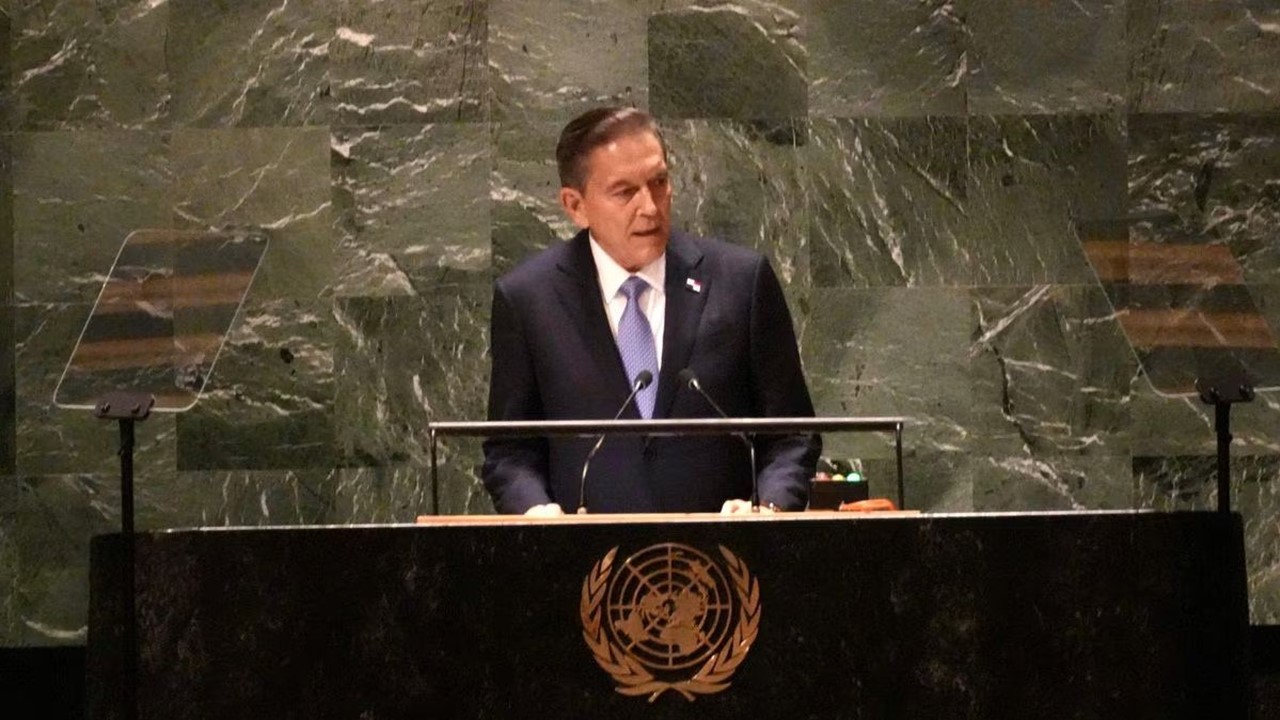Cortizo calls on UN to assume irregular migration problem

President Laurentino Cortizo called on the international community, during his address to the UN General Assembly on Tuesday, September 19 to assume “in all its magnitude” the problem of irregular migration.
“I reiterate: this is an unsustainable situation, a situation in which we are victims and not responsible,” added the president .
He emphasized that Panama is making a “titanic effort” by allocating economic resources to provide solidarity with the irregular migrants who cross the Darién jungle and whose number increases every year. Most head to the United States.
“This is an unsustainable, unwanted, inhumane situation… a humanitarian drama of pain, suffering, and death for hundreds of thousands of migrants who undertake the risky journey,” he added.
According to data from the National Immigration Service, this year 370,421 irregular migrants have already arrived in the country from Colombia, a record number, with 62.2% being Venezuelan citizens. In all of 2022, 248 thousand people crossed.
He believed that the countries of the region should have, among their priorities, providing opportunities for a decent life for their population. “This way they would not be forced to leave their country, emigrating irregularly, exposing themselves to the violation of their human rights and, on many occasions, losing their lives,” he said.
“In that sense, the problem of irregular migration must be addressed at a multilateral level, emphasizing respect for human rights and under the principles of solidarity and shared responsibility, with the purpose of safeguarding the integrity of human life in a safe and orderly manner,” he added.
CLIMATE CHANGE
Cortizo also referred to climate change. He said that in Panama a carbon footprint reduction program was established with a national strategy for green hydrogen and derivatives.
In addition, they have imposed an “ambitious energy transition agenda with the purpose of finding and developing accessible non-polluting energy to reduce greenhouse gas emissions by at least 24% by 2050.
Panama, Cortizo assured, is among the 15 countries in the world most exposed to climatic and natural risks.
“In fact, we have already registered in our territory the first case of climate displacement when the population of Cartí Sugdup Island had to relocate, due to the rise in sea level,” he added.





